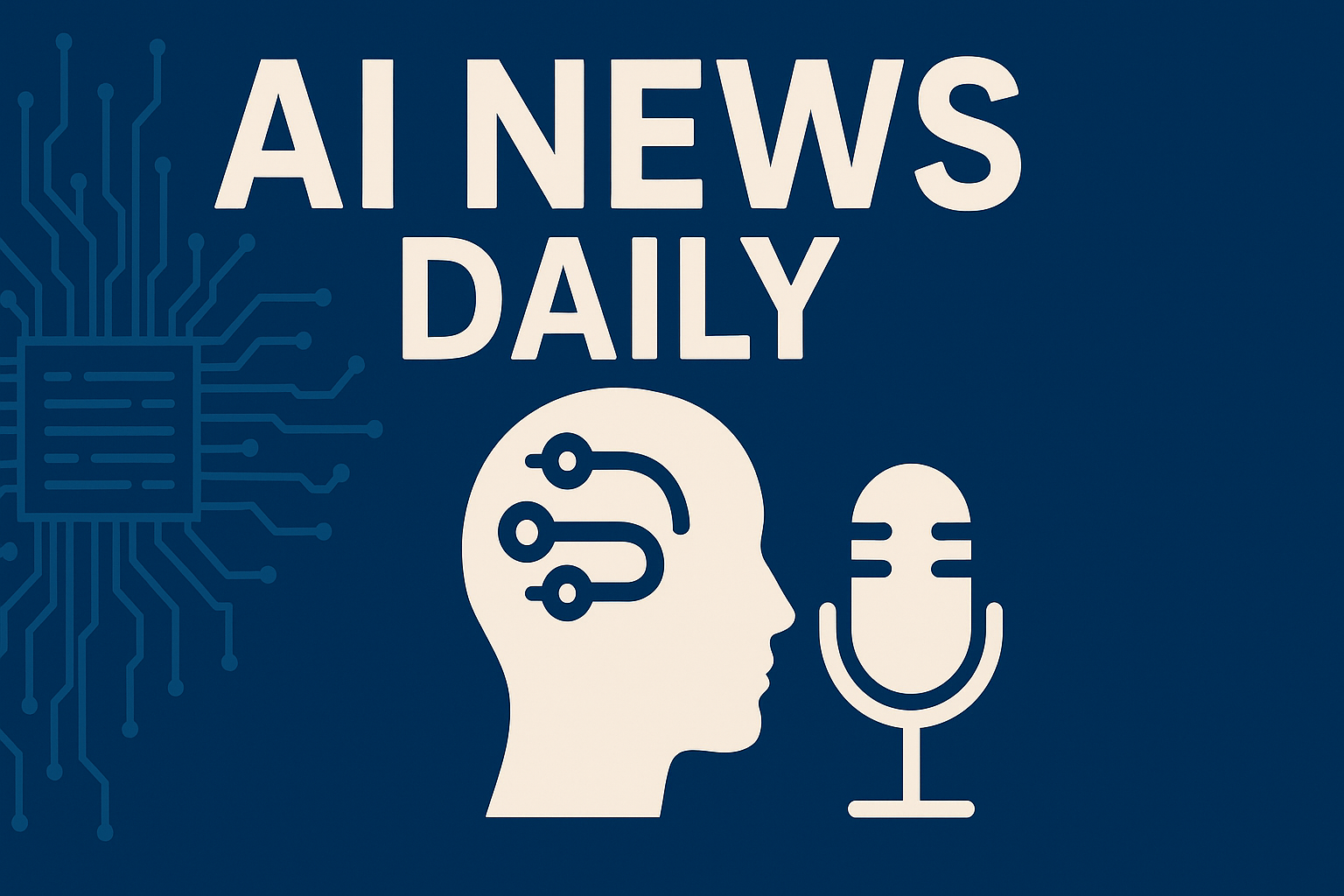Title: AI Industry Heats Up: Anthropic Leads Enterprise Market, OpenAI Eyes GPT-5 and Openness, Google Debuts Deep Think, and Global Investment Soars
Content:
The generative AI landscape is undergoing rapid change as competition intensifies among technology giants and startups, further fueled by record-breaking investment and breakthrough innovations. Anthropic has overtaken OpenAI in the enterprise AI market, claiming a 32% share as businesses increasingly turn to Claude models for reliable, high-performance tasks such as coding and customer support. This rivalry has escalated, with Anthropic revoking OpenAI’s access to its Claude API over alleged contract and policy violations, signaling growing tensions and a move toward stricter control of proprietary technology.
Meanwhile, OpenAI is advancing on multiple fronts. The company has secured $8.3 billion in oversubscribed funding, boosting its valuation to $300 billion. This capital—led by Dragoneer and other major investors—will drive ambitions for artificial general intelligence, expand infrastructure, and support the anticipated August 2024 launch of GPT-5. The new model promises enhanced speed, multi-step reasoning, and longer memory, though initial reports suggest only moderate advances over its predecessor. CEO Sam Altman has publicly expressed concerns about the pace of AI progress, invoking the need for increased oversight. In a strategic move to support European expansion, OpenAI has also unveiled its renewable-powered Stargate Norway data center—expected to run 100,000 NVIDIA GPUs by 2026.
OpenAI is additionally rolling out new products, including the affordable ChatGPT Go plan ($10–$15/month) that offers personalization features, and is preparing to release open-weight AI models alongside GPT-5 to foster greater ecosystem collaboration. However, privacy issues have come to the forefront after users discovered that ChatGPT’s shared conversations were being indexed by Google. OpenAI has since removed the public sharing feature, underlining the need for better transparency and safeguards in AI data practices.
Google has responded with a wave of advancements, debuting Gemini 2.5 and its new Deep Think model, which leverages cutting-edge multimodal and reasoning capabilities for Gemini Ultra subscribers at $250 per month. Deep Think and Gemini 2.5 offer researchers and developers a powerful suite for complex problem-solving, surpassing benchmarks set by competitors and advancing the state of practical AI applications. Google has also integrated AI tools into Google Earth, enabling real-time monitoring of environmental changes such as wildfires, droughts, and glacier melt, marketed as a major leap for climate research.
The AI boom is further reflected in surging global investment, with tech giants like Google, Microsoft, and Amazon projected to pour a record $344 billion into AI technology this year, escalating the race for automation and data-driven innovation. Startups are also making waves: Swedish firm Tzafon set a national record with a $9.7 million pre-seed round led by OpenAI and xAI angels to launch foundational AI models and autonomous agents for multi-platform tasks.
In the open-source arena, Switzerland’s leading universities plan to launch a large, ethically trained public language model in 2025 to support over 1,000 languages, aiming to foster transparency and digital trust globally. Figma has expanded its AI toolkit for all users, now offering AI-powered coding, image editing, and resolution enhancement to boost rapid design prototyping.
As artificial intelligence transforms daily life and business, major trends are emerging: Gen Z is shifting searches from Google to TikTok and Instagram, spurring brands to rethink digital strategies, while over 70% of teachers worldwide are adopting AI tools in classrooms—despite ongoing misconceptions and a demand for better digital literacy training. Research also highlights the risks: a study has shown that chatbots can be manipulated to provide harmful suicide-related content, underscoring the urgent need for robust safeguards and human oversight in AI systems.
In healthcare, a breakthrough from UC San Diego has produced a tool that reduces the data needed for training medical imaging models up to twentyfold, promising faster diagnostics and improved patient care. Meanwhile, Apple is ramping up its AI push with a next-generation AI chip, an overhauled Siri, and a focus on emerging markets, as the company seeks to catch up with rivals in the global AI revolution.
Collectively, these developments signal an era of rapid innovation, heightened scrutiny, and fierce competition, shaping the future of how organizations, educators, and consumers interact with artificial intelligence worldwide.
